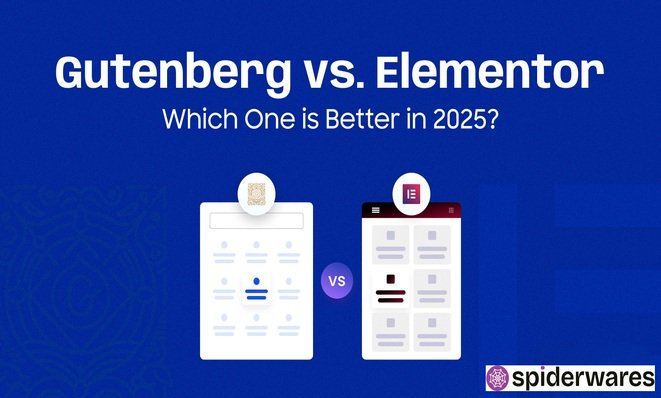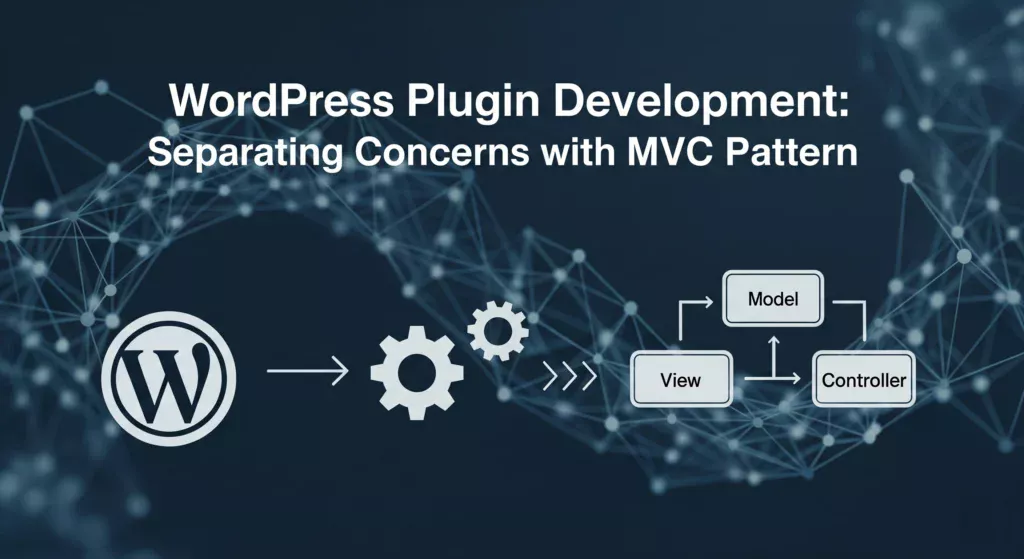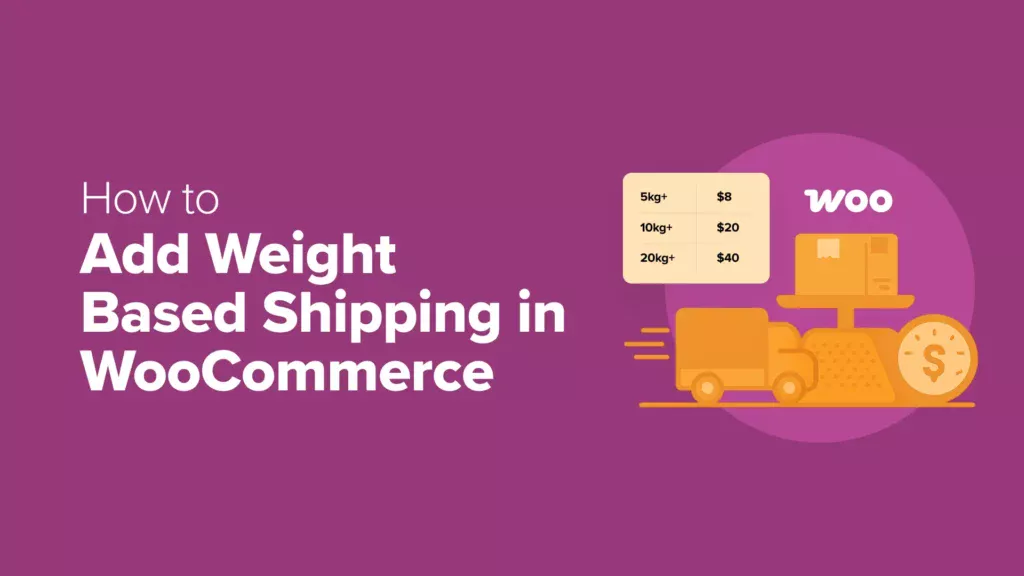Introduction: Elementor vs Gutenberg – The Page Builder Showdown
In 2025, WordPress powers over 43% of the web, and choosing the right WordPress page builder has become more important than ever. Two major players dominate the space:
- Elementor – the most popular drag-and-drop builder plugin
- Gutenberg – WordPress’s native block editor
Both have evolved significantly, but which one is right for your site in 2025? In this blog, we’ll compare Elementor vs Gutenberg on features, performance, design control, and more — to help you make the best choice.
1. Elementor Overview (2025 Update)
Elementor is a live front-end editor for WordPress that lets you design responsive websites visually. It offers:
- Drag-and-drop interface
- 100+ pre-designed templates
- Theme builder, WooCommerce builder, Popup builder
- Responsive editing controls
- Third-party add-ons ecosystem
New in 2025:
- AI-powered design suggestions
- Better global style management
- Improved performance with reduced DOM size
2. Gutenberg Overview – The Native Block Editor
Gutenberg is built into WordPress core, and over the last few years, it has evolved from a simple editor to a full-site builder.
- Block-based content creation
- Full Site Editing (FSE)
- Block Patterns and reusable blocks
- No plugins required
- Native speed and accessibility
New in 2025:
- Pattern Library Explorer
- Layout controls with Grid support
- Improved drag-and-drop and responsiveness
3. Performance & Speed: Which Is Faster?
Speed is a major SEO ranking factor in 2025.
| Feature | Elementor | Gutenberg |
|---|---|---|
| Page Load Speed | Moderate | Fast (native) |
| Code Output | Heavy (more HTML) | Clean, lean HTML |
| Optimization Tools | Available (Pro) | Built-in optimization |
Winner: Gutenberg, especially for lightweight sites and blogs.
4. Design Flexibility: Which Offers More Control?
| Feature | Elementor | Gutenberg |
|---|---|---|
| Visual Control | Real-time visual editor | Backend preview |
| Styling Options | Extensive | Basic to moderate |
| Templates & Widgets | 300+ | Limited patterns |
Winner: Elementor – ideal for creative freedom, agencies, and freelancers.
5. Ease of Use: Beginner Friendly?
- Elementor offers instant drag-and-drop editing, inline text editing, and responsive controls with no coding.
- Gutenberg is simpler for blog posts but becomes harder when building complex layouts.
Winner: Elementor, especially for non-tech users.
6. SEO Capabilities (2025)
Both tools are SEO-compatible, but here’s how they stack up:
- Elementor Pro integrates well with RankMath and Yoast.
- Gutenberg, being lightweight, gives better Core Web Vitals scores.
Pro Tip: Combine either with a good SEO plugin (like Rank Math) for best results.
7. Pricing & Cost in 2025
- Gutenberg: 100% free and included in WordPress core
- Elementor:
- Free version available
- Pro plans starting at $59/year
Winner: Gutenberg, for budget-conscious users.
8. WooCommerce Integration
- Elementor Pro includes advanced WooCommerce widgets, product archive customization, and checkout page control.
- Gutenberg supports WooCommerce blocks but lacks visual flexibility.
Winner: Elementor, for building custom eCommerce experiences.
9. Developer & Theme Support
- Elementor: Widely supported, thousands of compatible themes, third-party add-ons
- Gutenberg: Modern themes (like Blocksy, Kadence, Astra) now fully support Gutenberg + FSE
Winner: Elementor, for ecosystem maturity
But Gutenberg is catching up fast in developer community
Elementor vs Gutenberg: Final Verdict 2025
| Feature Area | Best Option |
|---|---|
| Performance | Gutenberg |
| Design Freedom | Elementor |
| Speed & Core Vitals | Gutenberg |
| Ease of Use | Elementor |
| Cost | Gutenberg |
| E-commerce | Elementor |
Use Elementor if…
- You want full design control
- You’re building complex landing pages or eCommerce sites
- You prefer a visual, WYSIWYG interface
Use Gutenberg if…
- You want fast-loading pages
- You’re building content-heavy or blog sites
- You want a free, native solution that grows with WordPress




